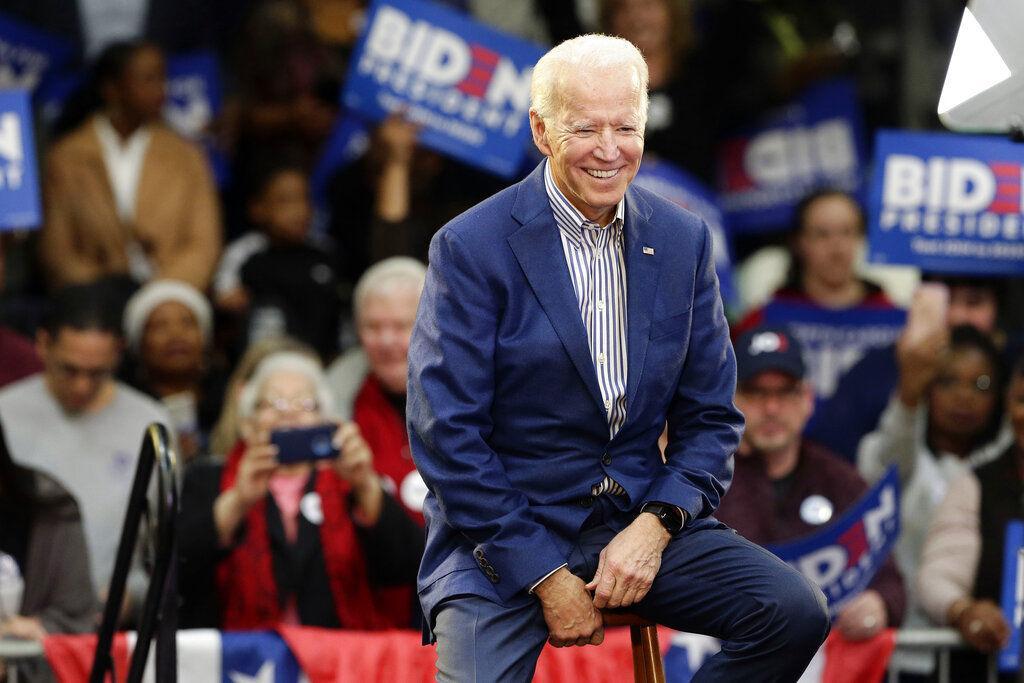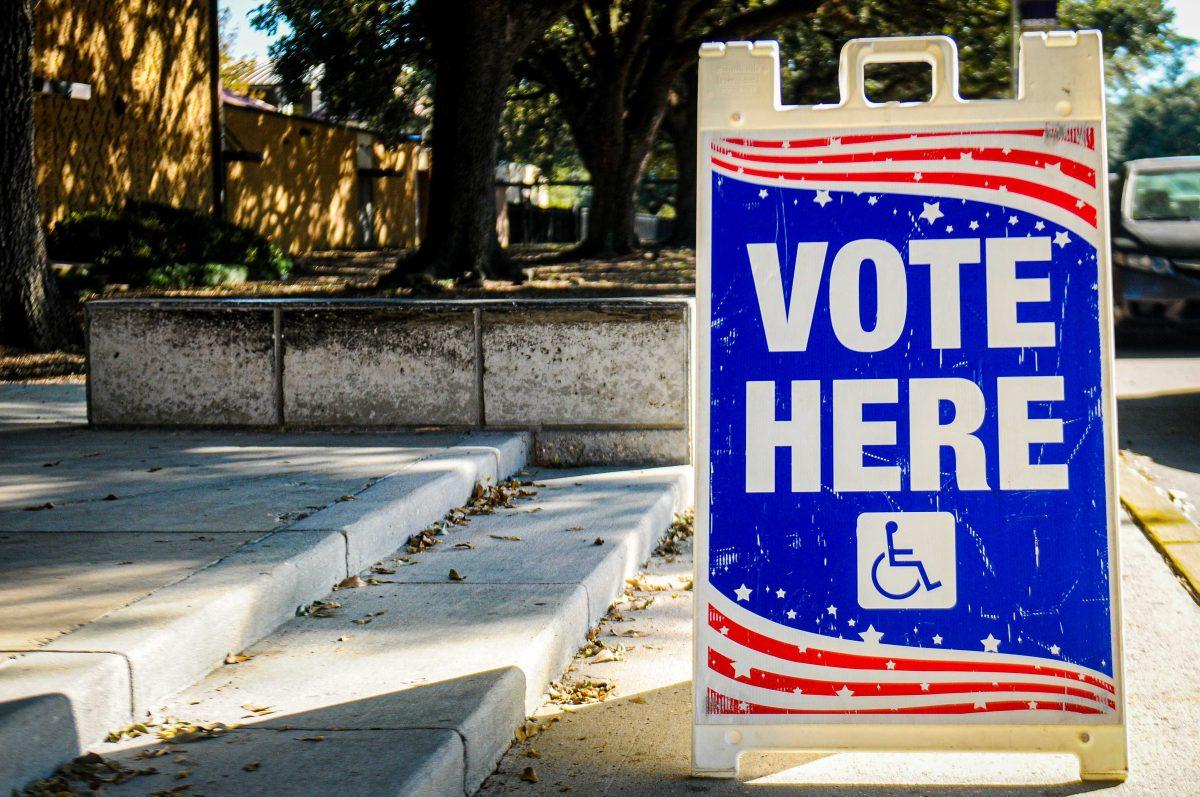On Tuesday, 14 states and American Samoa held their primary elections for the 2020 presidential cycle. While President Donald Trump is the unquestionable nominee for the Republican Party, the selection of primaries has historically determined the nominee for parties with multiple candidates.
In the wake of former South Bend Mayor Pete Buttigieg, Minnesota Sen. Amy Klobuchar and former New York Mayor Michael Bloomberg’s dropouts from the race for the Democratic nomination and subsequent endorsements of former Vice President Joe Biden, the momentum of self-described democratic socialist Bernie Sanders’ nomination has been halted.
However, Manship School of Mass Communication Professor James Carville, a former political strategist and prominent figure within the Democratic Party, said Sanders’ platform was already doomed.
“[The Democratic Party] cannot nominate Bernie Sanders,” Carville said. “The chances of that happening have declined in the last week.”
In an interview with the Reveille on Tuesday, Carville criticized the merit of Sanders’ philosophy.
“They say in elections, if you stay true to your ‘progressive values,’ that you will stimulate a turnout, particularly among young people and working people,” Carville said. “That has never happened before, and that is how we are going to win the election.”
Carville continued his criticism of “the single most debunked argument in political science” by likening that argument to someone being an advocate of “climate denial.”
In a piece in The New York Times, Pulitzer Prize winner and distinguished author Michelle Goldberg sang a similar tune. She argued that to make up ground lost from moderate voters choosing Trump over Sanders, Sanders would have to inspire an 11% surge in youth votes, more than twice the increase in African American votes during Obama’s 2008 campaign.
While Carville does not contest that platforms such as Sanders’ will help engage younger citizens, he firmly believes they will not substantially change voting patterns.
“It’s not that I don’t expect it. It’s not going to happen. It’s not,” Carville said.
In his March 3 appearance on MSNBC, Carville emphasized how important the participation of African American and female voters is in the Democratic presidential nomination, referencing 2018 midterm elections being largely defined by new female voters turning out for the Democratic Party. On Super Tuesday, these demographic groups showed up in large numbers at the polling booths for Biden.
Super Tuesday’s results have upended Sanders’ status of the front runner. The outcome of Super Tuesday has left Biden with a considerable delegate lead.
Coming off a big win in South Carolina on Feb. 29, Biden’s campaign, thought to be dead just weeks ago, swept southern states that held primaries on Tuesday. Alongside a dominant performance in Virginia, where he captured 63% of the vote, and an unexpected victory in Massachusetts, Biden has accumulated a lead of over 60 delegates.
It is still too early to see a clear nominee for the Democratic Party, as no candidate has yet to crack 600 delegates, and 1,991 delegates are needed to secure the nomination. According to a FiveThirtyEight analysis, there was a 69% chance that no clear nominee would arise from the Democratic primaries heading into Super Tuesday, splitting the other 31% almost down the middle between the two frontrunners, with a slight edge for Sanders over Biden.
Carville’s thoughts on Sanders’ campaign weaknesses were met with some pushback. Less than a week after an MSNBC appearance by Carville on Feb. 5 where Carville explained the fallacy of Sanders’ philosophy, an article in The New Republic by Ed Burmila chastised Bill Clinton’s former strategist, stating his analysis of Sanders “represents much that’s wrong with the Democratic Party.” Burmila went on to say Carville’s thoughts on how candidates should approach their campaigns are outdated and too obsessed with “swing voters.”
Carville extended an invitation to Burmila to Skype into his class at the University to “explain to [Carville’s] students why he thinks their professor is obsolete.”
Carville has yet to receive a response.
LSU professor James Carville still sees no clear Democratic nominee despite Super Tuesday results
March 4, 2020
Democratic presidential candidate former Vice President Joe Biden smiles while being introduced at a campaign event at Saint Augustine’s University in Raleigh, N.C., Saturday, Feb. 29, 2020. (AP Photo/Gerry Broome)







